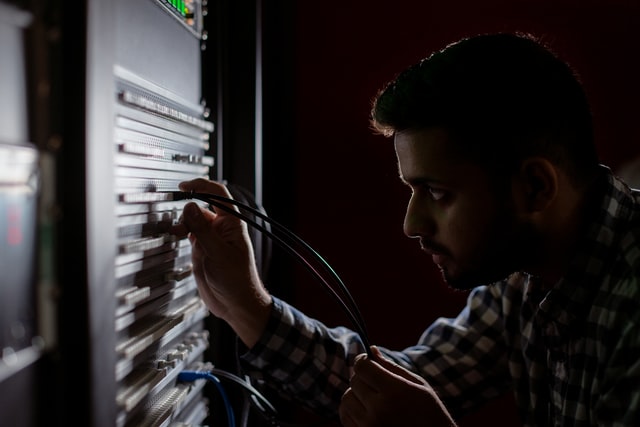Global Connectivity and Today’s Refugees

by Katy Cottrell, Sona Circle
In the past, refugees have often been perceived as isolated individuals, struggling to become fully integrated and to understand the culture of their host country.
Although refugees still face various barriers to integration, globalisation and developments in technology have given refugees more agency to integrate themselves into new societies.
This is a great development for refugees (integration is linked to better mental health amongst refugees) which also have an array of benefits for their host communities.
Access to technology and social media is unique to refugees of this century, in fact, a recent study by GSMA found that as many as two-thirds of refugees in Jordan, Rwanda and Uganda are regular mobile phone users.
Not only does this allow refugees to connect globally and provide support for one another, but researchers from the Erasmus University Rotterdam found that access to technology has also been shown to improve refugees’ language skills and cultural understanding of their host country.
Additionally, research from City University of London has shown that refugees use social networking sites to search for jobs, housing and to understand practical issues within their host countries. This means that now more than ever, refugees are able to have greater control over their ability to integrate themselves, interact with those in their community, and develop an understanding of their host culture.
Living in a more globally connected world also means that there are more pre-migration cultural similarities between refugees and western host countries.
One example of this is refugee style and fashion, which has been illustrated by the “Sneakers Like Jay-Z’s” art exhibition by photographers Frédéric Delangle and Ambroise Tézenas. This exhibition was inspired by a refugee from Afghanistan who, when selecting a pair of shoes from a donation bank in Paris, asked if there were any trainers that were “not too ugly, more like Jay-Z’s”. This exhibition was great for showcasing both refugees’ awareness of western trends and their motivation to become integrated through their appearance.
One 24 year old refugee from Chad explained that he chose a particular coat because it made him feel “on equal footing with everyone else. When you come to someone’s country, I think it’s only natural to adapt to the way they live there”.
However, it is not only the nature of refugees that has changed as a result of greater global connectivity. There has also been a change in the aims and targets of western companies who are often looking to develop their business into new markets.
Refugees are increasingly becoming desirable candidates due to their greater awareness of diverse cultural customs, foreign country markets and their language skills.
On top of this, refugees are often highly skilled and qualified professionals who could bring a range of other skills to their workplace. Therefore, not only have globalisation and technological advancements brought about a change in the nature of refugees, but it has also created a demand in the West for international links, which refugees are perfectly positioned to provide.
It is however, important to remember that just because today’s refugees have access to technology that makes it easier for them to integrate, they still require support from their host countries in order to do this effectively.
Refugees will be unable to assimilate and contribute their valuable skills, if not given the opportunities to do so.
That’s where we come in. Sona Circle Recruitment connects the skilled and dependable refugee workforce with local employment opportunities.
If you’d like to get involved, please visit the Sona Circle website (www.sonacircle.com) where you can read more about our refugee employment programmes. You can also make a donation to the Sona Circle Refugee Employment Fund where 100% of donations go directly towards supporting refugee employment in the UK.